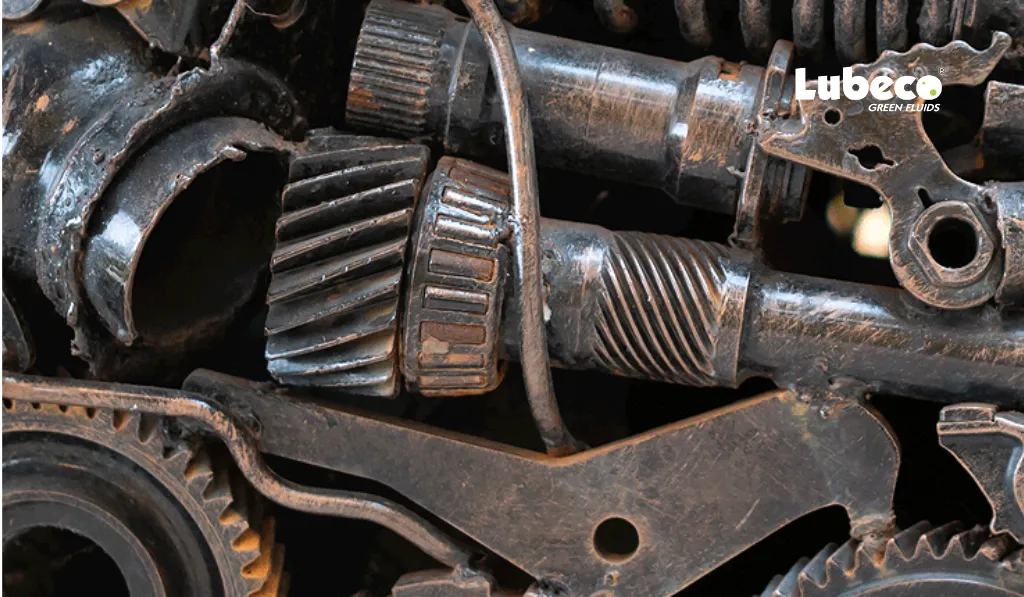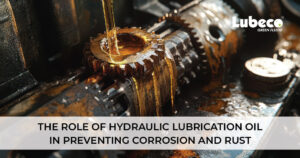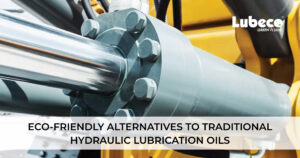Metal structures deteriorate over time due to the natural process of corrosion. Corrosion, or rust, is caused by chemical or electrochemical reactions with the environment. It can lead to safety hazards, equipment breakdown, and severe economic losses. As industries continue to advance, the development of new and more effective corrosion inhibitors remains a priority.
Corrosion inhibitors are rust prevention fluids, applied to metal structures. They play an important role in protecting metal from deterioration and ensuring its longevity. The type of corrosion inhibitor depends on the type of metal and the environmental conditions it is exposed to. Anodic, cathodic, mixed, volatile, organic, inorganic, environmentally friendly, and polymeric inhibitors each offer unique advantages and are suited to different applications. It is important to understand the different types of inhibitors in order to choose the appropriate one. In this blog, we will dive deep into the various types of corrosion inhibitors and their applications.
Anodic Corrosion Inhibitors
Anodic inhibitors, also known as passivating inhibitors, form a protective film of oxide on the surface of the metal, which prevents further oxidation and thus stops the corrosion process from advancing. Anodic inhibitors are usually inorganic compounds, such as silicates, phosphates, and chromates. They form a protective layer on the surface of the metal, which reduces the metal’s reactivity. Therefore, the metal becomes less susceptible to corrosion.
Examples:
- Silicates: These are commonly used in the oil and gas industry.
- Phosphates: These are more commonly used in water treatment systems and prevent the corrosion of equipment and water pipelines.
- Chromates: These are widely used in aerospace and automotive industries, among many others.
- Nitrites: These are used in cooling water systems and prevent the corrosion of steel pipes.
Effectiveness:
Anodic inhibitors are mainly used in alkaline environments. To be effective, a critical concentration level needs to be maintained. If the concentration level of the inhibitor reduces, it can, in fact, accelerate the corrosion process instead of slowing it.
Cathodic Corrosion Inhibitors
Cathodic inhibitors work by creating a layer of precipitation on the metal surface and reducing the reactivity with its environment. They are made up of organic compounds, such as amines and imidazoles.
Examples:
- Zinc and Magnesium Compounds: Mostly used in coatings and paints, they form a barrier on the metal surface that reduces water penetration and oxygen reduction.
- Calcium Carbonate: Mostly used in water treatment plants, the chemical precipitates onto the pipes, in order to create a barrier and stop corrosion.
Effectiveness:
Cathodic inhibitors can be used in neutral and acidic environments. They are mostly helpful in places where oxygen reduction is the primary cathodic reaction.
Mixed Corrosion Inhibitors
Mixed inhibitors provide comprehensive protection as they work on both the anodic and cathodic sites. They work by creating a protective coating on the metal surface as well as altering or reducing the reactions that cause corrosion.
Examples:
- Benzothiazole derivatives: These are a mix of organic and inorganic compounds. They are effective in protecting copper and its alloys.
- Silicates: These are common in water treatment and cleaning plants. They form a glassy, protective layer on the metal surface.
Effectiveness:
Mixed inhibitors are widely used as they are extremely adaptable owing to their mixed nature. They provide corrosion protection in diverse environments. They are mostly suitable in places where both anodic and cathodic reactions need to be controlled simultaneously.
Environment-Friendly Corrosion Inhibitors
These are also known as organic inhibitors. The demand for eco-friendly corrosion inhibitors is going up owing to rising environmental concerns. These are derived from natural sources, which makes them non-toxic and sustainable.
Examples:
- Plant Extracts: These include neem and aloe vera. They are used in the oil and gas industry, among many others. They consist of compounds like tannins, flavonoids, and alkaloids that adsorb onto metal surfaces and form a protective barrier.
- Biodegradable Polymers: Mostly used in water treatment and industrial systems. They provide effective corrosion protection while being environmentally benign.
Effectiveness:
These inhibitors provide great effectiveness in most environments without the added risk to nature. Industries conscious of sustainable practices are increasingly turning to these inhibitors.
Polymeric Corrosion Inhibitors
These are specialised chemicals designed to prevent corrosion. They are usually made up of natural or synthetic polymers, which consist of long-chain molecules that form a protective layer on the surface of the metal. These inhibitors are particularly useful in high-pressure and high-temperature environments.
Examples:
- Polyethylene Glycol (PEG): These form a stable, hydrophobic film that prevents corrosion. They are mostly used in cooling systems and boiler water treatment.
- Polyvinyl Alcohol (PVA): A variety of industries use these to protect metal surfaces from corrosive agents.
Effectiveness:
Polymeric corrosion inhibitors are greatly useful in harsh environments. Their long-chain polymer structure provides robust protection against corrosion. In high-temperature and high-pressure environments where most traditional inhibitors fail, polymeric inhibitors are the perfect choice.
Conclusion
Corrosion inhibitors are crucial for protecting metals from severe degradation. This reduces the health risk and increases the durability of metal structures. Metal structures in all industries are extremely expensive and not easy to repair or replace. Corrosion is an irreversible process; therefore, protection against it is of utmost importance.










